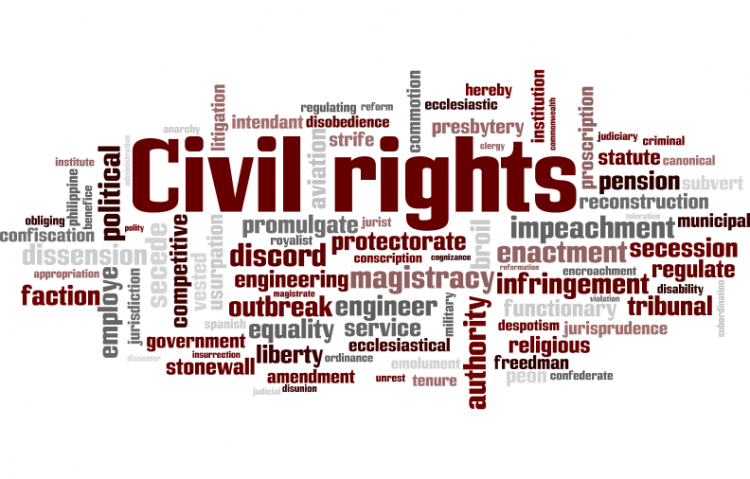Give the Right to Vote to Offenders on Probation, on Parole, and Incarcerated with probability of parole in 10 years

- Target:
- The Governors Office of Florida, Florida's State Senate, Florida's House of Representatives
- Region:
- United States of America
- Website:
- www.facebook.com
Taxation without Representation was the core beginning of our American Revolution and our beginnings as a Republic. Those on Probation and Parole must find gainful employment as a condition of parole and probation which has a responsible employment tax payment, state, and federal taxes filing responsibilities not to include State taxes paid on every purchase made in their pursuit of happiness. The Voting Laws remain in the Sovereign hands of each State.
Two states allow felons to vote from prison while other states may permanently ban felons from voting even after being released from prison, parole, and probation, and having paid all their fines.
II. Misdemeanor Convictions:
Anyone convicted of a misdemeanor in Idaho, Illinois, Indiana, Kentucky, Michigan, Missouri, South Carolina, and South Dakota may not vote while incarcerated. Kentucky and Missouri additionally require an executive pardon before allowing people convicted of certain misdemeanors ("high misdemeanors” in KY and "elections-related misdemeanors” in MO) from ever voting again. In Iowa, only people convicted of an "aggravated" misdemeanor cannot vote while incarcerated.
In West Virginia only people convicted of certain elections-related misdemeanors cannot vote while incarcerated - all others may vote by absentee ballot.
In the District of Columbia certain election, lobbying, and campaign finance-related crimes (that may be misdemeanors) are defined as felonies for the purpose of disenfranchisement under section 1-1001.02(7) of its code - all others with a misdemeanor conviction may vote by absentee ballot while incarcerated.
Individuals in the remaining 40 states may vote by absentee ballot while incarcerated for any misdemeanor.
Florida - On Mar. 9, 2011 the Florida rules of Executive Clemency were toughened. Automatic restoration of civil rights and the ability to vote will no longer be granted for any offenses. All individuals convicted of any felony will now have to apply for executive clemency after a five year waiting period. Individuals who are convicted, or who have previously been convicted, of certain felonies such as murder, assault, child abuse, drug trafficking, arson, etc. are subject to a seven year waiting period and a clemency board hearing to determine whether or not the ability to vote will be restored.
Prior to the Mar. 9, 2011 rule change some individuals convicted of nonviolent felonies were re-enfranchised automatically by the Clemency Board upon completion of their full sentence, including payment of fines and fees.
Florida Rules of Executive Clemency (81 KB) (accessed June 8, 2012)
Florida Clemency Application (64 KB) (accessed June 8, 2012)
According to the Florida Rights Restoration Coalition website (accessed Aug. 15, 2012), "If you were convicted of a felony in another state and had your civil rights restored before you became a Florida resident, you do not need to apply for RCR [restoration of civil rights] in Florida."
A Petition for Referendum Questions
On the next Florida General Election
Ballot November 2016
Do you as a citizen of Florida want to stop all disenfranchisement of a citizen’s right to vote because of a criminal record while in prison with a possibility of parole in ten years and currently on parole or on probation for any offense regardless of fines being fully paid?
Yes or No.
You can further help this campaign by sponsoring it
The Give the Right to Vote to Offenders on Probation, on Parole, and Incarcerated with probability of parole in 10 years petition to The Governors Office of Florida, Florida's State Senate, Florida's House of Representatives was written by HEART OF FLORIDA MINISTRY and is in the category Civil Rights at GoPetition.